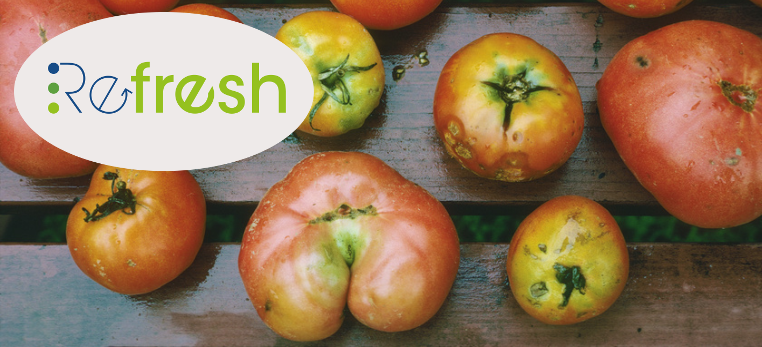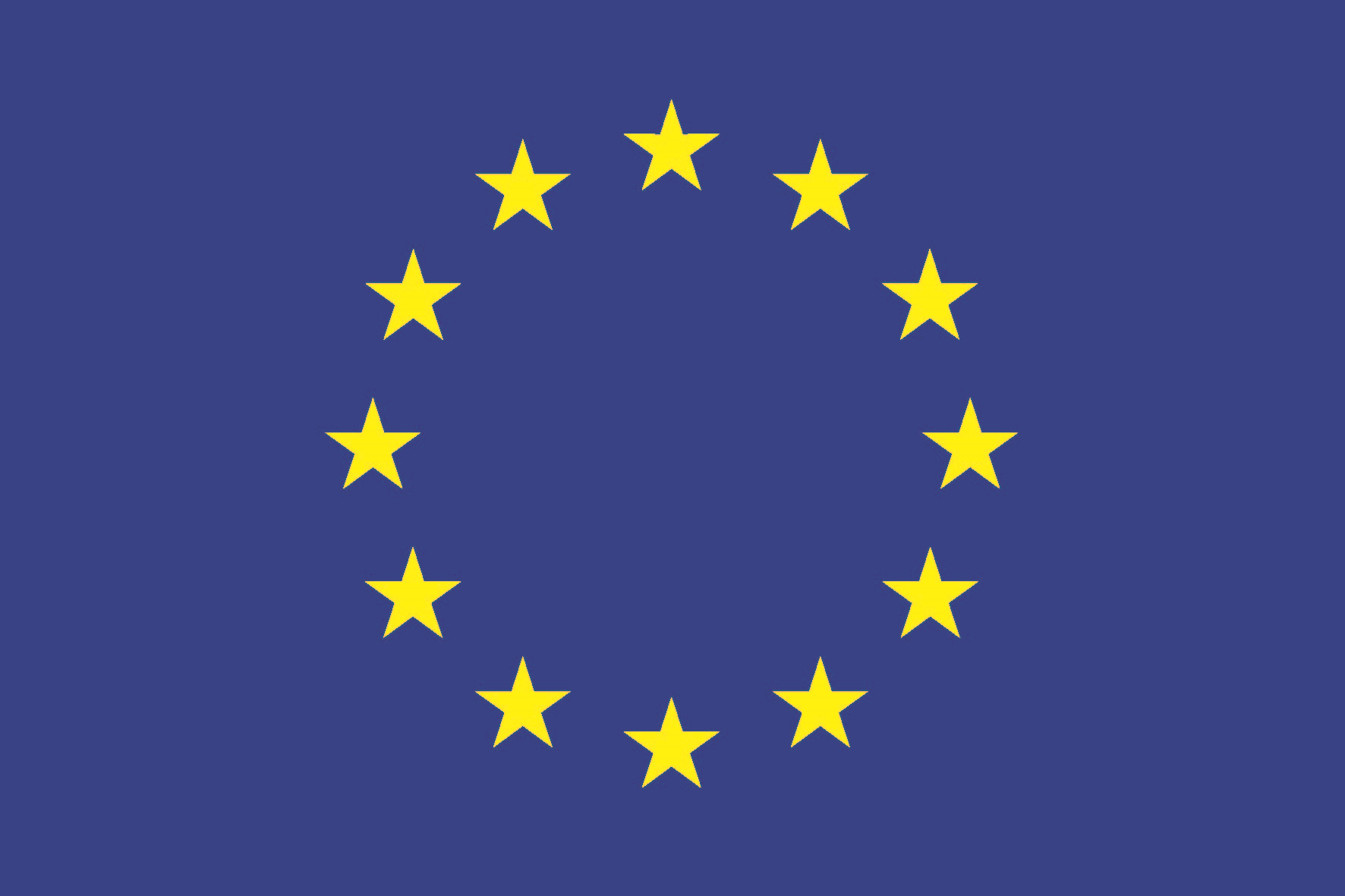New four year EU project on food waste: “REFRESH” (Resource Efficient Food and dRink for the Entire Supply cHain)!

Across the globe, nearly 30% of food is wasted throughout the agrifood supply chain. The EU Horizon 2020 funded project "Resource Efficient Food and dRink for the Entire Supply cHain" (REFRESH) takes action against food waste. 26 partners from 12 European countries and China work towards the project's goal to contribute towards the objectives of reducing food waste across Europe by 30% by 2025, reducing waste management costs, and maximizing the value from unavoidable food waste and packaging materials. REFRESH runs from 2015-2019.
A third of food is wasted, making food waste the third-biggest carbon emitter
Around 100 million tonnes of food are wasted annually in the EU (estimate for 2012). Modelling suggests if nothing is done, food waste could rise to over 120 million tonnes by 2020. The food resources being lost and wasted in Europe would be enough to feed all the hungry people in the world two times over (European Commission 2015). Together with moving to healthier diets, reducing food waste both in and out of the home is the most significant demand-side measure for reducing the carbon impact of the food system.
Creating solutions, using research and public-private collaboration
REFRESH focuses on the reduction of avoidable waste and improved valorisation of food resources. The project carries out research to better understand the drivers of food waste, focusing especially on insights from behavioural sciences. This project takes an innovative, systemic approach to curbing food waste through practice-oriented collaborative platforms and pilot projects. Knowledge from these research steps are turned into reports, advising, and tools to encourage better decision-making by industry and individual consumers. The project's variety of outreach activities focus on achieving maximum impact and include a video contest for food waste solutions and conferences targeting a broad spectrum of stakeholders.
REFRESH builds on and goes beyond existing initiatives to develop, evaluate, and ensure the spread of social, technological, and organisational insights and practices related to food waste. This is underpinned with guidance to legislators and policy makers to help support effective governance to tackle food waste.
The project aims to:
- Develop strategic agreements to reduce food waste with governments, business and local stakeholders in four pilot countries (Spain, Germany, Hungary and the Netherlands). The business community and other stakeholders are asked to participate in testing new approaches to reduce food waste and replicate these approaches in other countries.
- Formulate EU policy recommendations and support national implementation of food waste policy frameworks.
- Design and develop technological innovations to improve valorisation of food waste, e.g. from food processing, and ICT-based platforms and tools to support the uptake of new and existing solutions to reduce food waste
Impact through a multi-stakeholder partnership
Led by Wageningen UR, the project runs from 2015 until 2019. The REFRESH consortium represents a wide European and Chinese partnership among leading universities, research institutes, private businesses, governments, civil society and other actors and stakeholders. This consortium brings together an interdisciplinary team that has in-depth knowledge of theory and practice and a proven track record of working together effectively in national and cross-border research projects. The REFRESH team can build on the results and experience of the on-going FUSIONS project ("Food Use for Social Innovation by Optimising Waste Prevention Strategies").

 Copyright © 2016 | EU FUSIONS |
Copyright © 2016 | EU FUSIONS |